In a recent interview, Dr. James Maffie, author of “Aztec Philosophy,” shared his insights into the complex and fascinating world of Aztec metaphysics. Dr. Maffie explained that the Aztec worldview centers around the concept of “teotl,” a constant energy in motion that permeates all aspects of the universe. This energy manifests in three primary patterns: “olin” (bouncing, oscillating motion), “malinalli” (spiraling, twisting motion), and “nepantla” (back-and-forth, weaving motion).
These patterns are evident in various facets of Aztec culture, from art and architecture to rituals and social interactions. Dr. Maffie emphasized that understanding these fundamental concepts is crucial to grasping the Aztec perspective on the interconnectedness of all things.
One of the key points discussed in the interview was the role of sacrifice in Aztec culture. Dr. Maffie clarified that sacrifice was not merely a means of appeasing the gods, but rather a way for the Aztecs to participate in the cyclical process of life and death. This understanding of sacrifice as a necessary part of the cosmic balance sheds light on the Aztec worldview and their relationship with the divine.
Dr. Maffie also touched on the importance of spoken words and the use of psychotropic substances in Aztec spiritual practices. The Aztecs believed in the power of language to transmit life energy and communicate with divine forces. Additionally, the use of substances such as peyote and Jameson weed facilitated oracular conversations with the gods, allowing the Aztecs to seek guidance and enlist the cooperation of other-than-human persons in their endeavors.
Throughout the interview, Dr. Maffie provided a wealth of information on Aztec philosophy, dispelling misconceptions and offering a nuanced understanding of their worldview. He also shared details about his upcoming works, which will explore topics such as the Aztec skull rack as a cosmic maize field and the living nature of images in Aztec codices.
This interview serves as an excellent introduction to the complex and often misunderstood world of Aztec philosophy. Dr. Maffie’s expertise and engaging explanations make the subject accessible to a wide audience, inviting readers to delve deeper into this fascinating aspect of Mesoamerican culture.
Read Dr. Maffie’s Other Publications on Aztec Culture:
Weaving the Good Life in a Living World: Reciprocity, Balance and Nepantla in Aztec Ethics
DOUBLE MISTAKEN PHILOSOPHICAL IDENTITY IN SAHAGÚN’S «COLLOQUIOS Y DOCTRINA CRISTIANA»
The Role of Hardship in Mexica Ethics: Or, Why Being Good Has to Hurt
Did you enjoy this article? Checkout the podcast here: https://gettherapybirmingham.podbean.com/
Bibliography:
Maffie, J. (2014). Aztec Philosophy: Understanding a World in Motion. University Press of Colorado. Maffie, J. (2015). Weaving the Good Life in a Living World: Reciprocity, Balance and Nepantla in Aztec Ethics. Journal of Religious Ethics, 43(3), 465-487. Maffie, J. (2016). DOUBLE MISTAKEN PHILOSOPHICAL IDENTITY IN SAHAGÚN’S «COLLOQUIOS Y DOCTRINA CRISTIANA». Estudios de Cultura Náhuatl, 51, 77-112. Maffie, J. (2017). The Role of Hardship in Mexica Ethics: Or, Why Being Good Has to Hurt. Journal of Religious Ethics, 45(2), 267-292. Maffie, J. (2019). Nature of Mexica Ethics. In J. E. Nesvig (Ed.), The Oxford Handbook of Ethics of AI (pp. 67-87). Oxford University Press.
Further Reading:
Gruzinski, S. (1989). Man-Gods in the Mexican Highlands: Indian Power and Colonial Society, 1520-1800. Stanford University Press. Klor de Alva, J. J. (1993). The Postcolonization of the (Latin) American Experience: A Reconsideration of “Colonialism,” “Postcolonialism,” and “Mestizaje”. In G. Prakash (Ed.), After Colonialism: Imperial Histories and Postcolonial Displacements (pp. 241-275). Princeton University Press. León-Portilla, M. (2003). Aztec Thought and Culture: A Study of the Ancient Nahuatl Mind. University of Oklahoma Press. Pollock, S. (1993). The Cult of the Monarch: The Temple of the Sun in Ancient Mexico. In C. Anderson & K. H. Boehm (Eds.), Life and Death in Pre-Columbian Mexico (pp. 80-92). Riverside Art Museum. Townsend, R. F. (2009). The Aztecs. Thames & Hudson. Vail, G., & Hernández, C. (Eds.). (2013). Astronomers, Scribes, and Priests: Intellectual Interchange between the Northern Maya Lowlands and Highland Mexico in the Late Classic Period. Dumbarton Oaks.


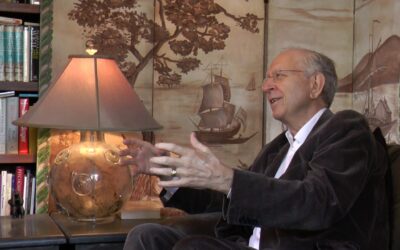
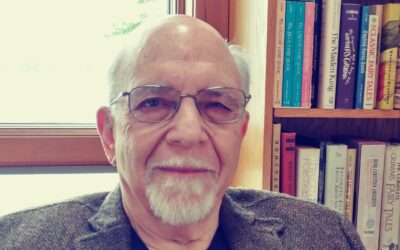
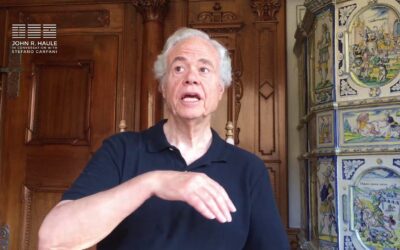
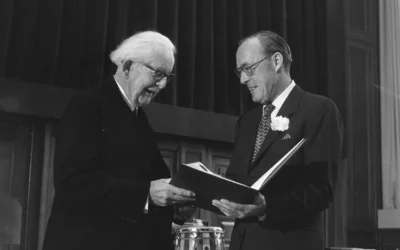

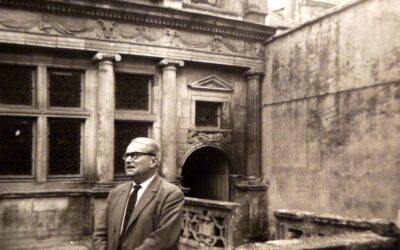
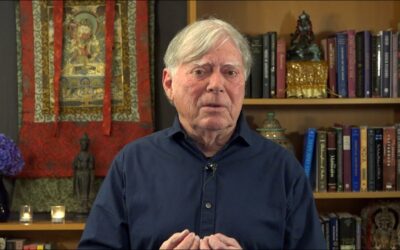
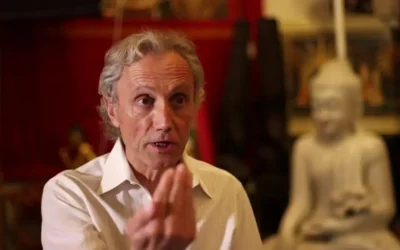

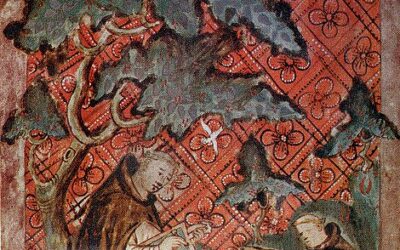


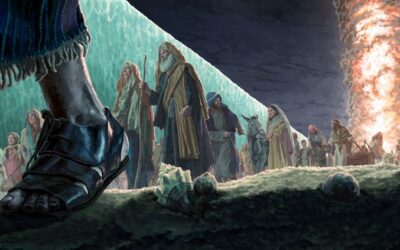



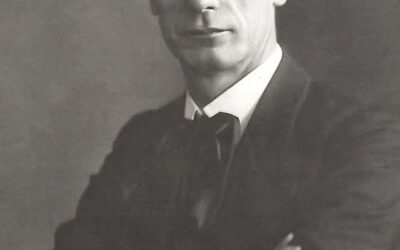
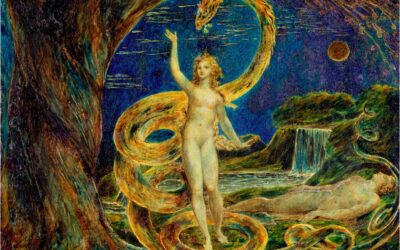
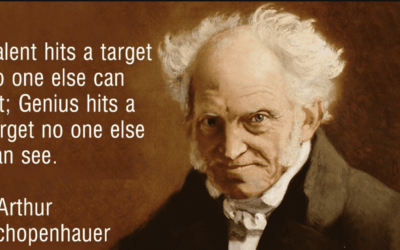

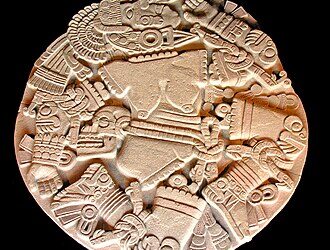


0 Comments